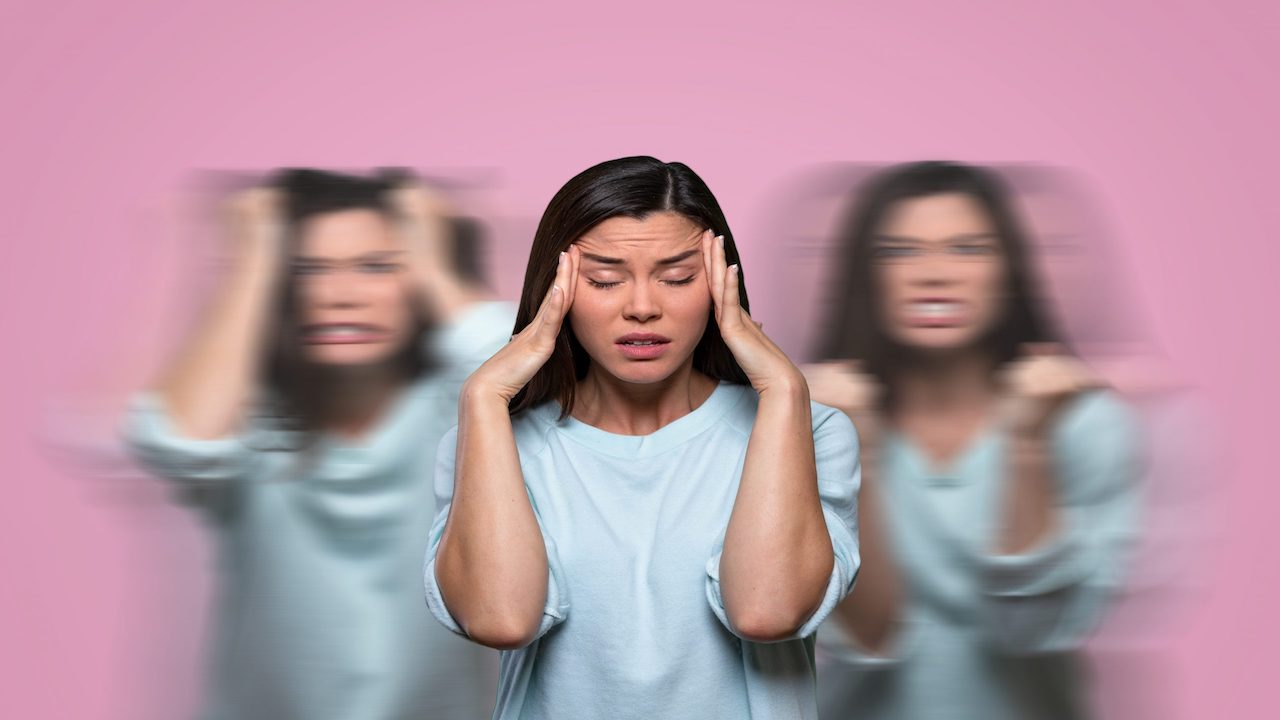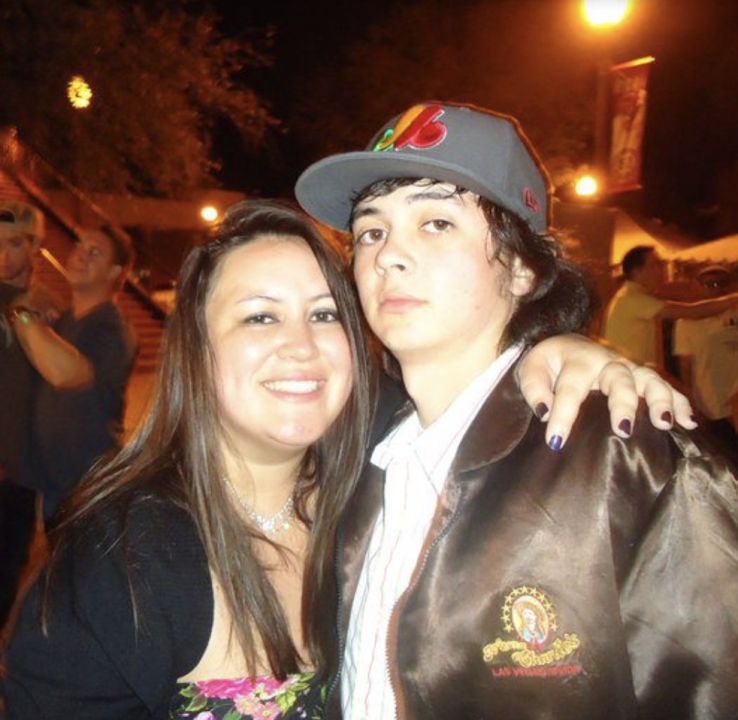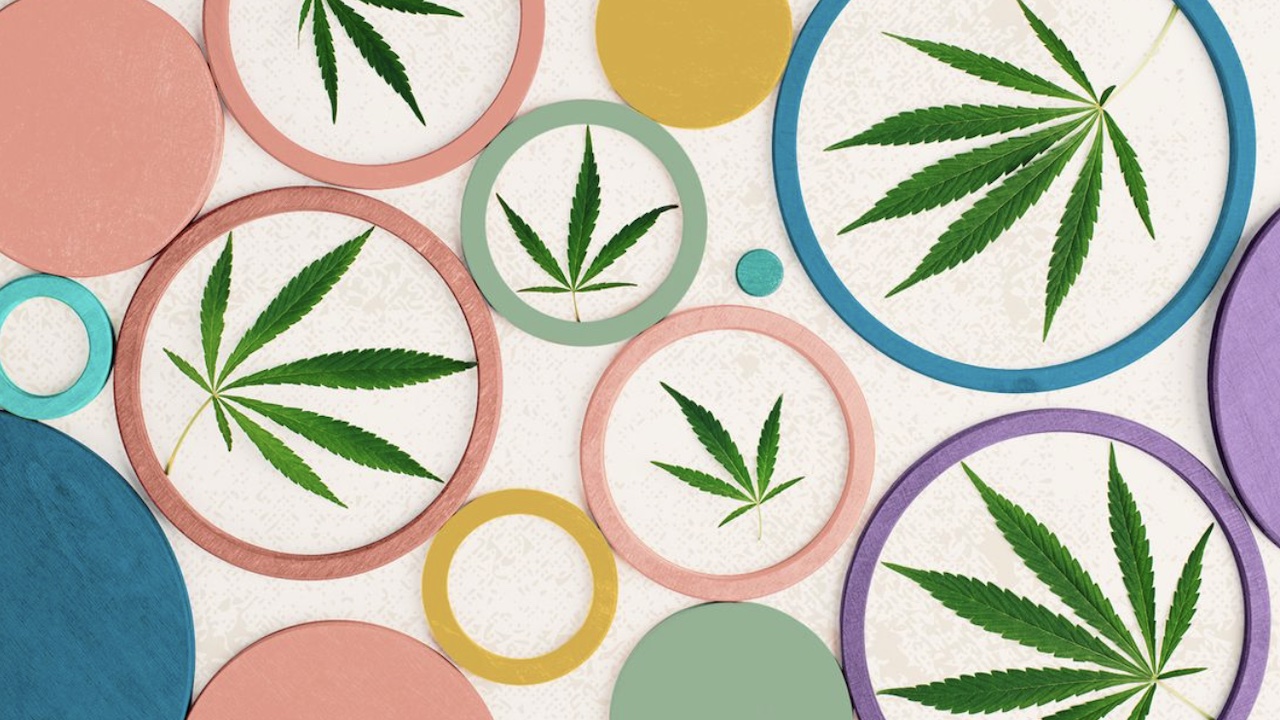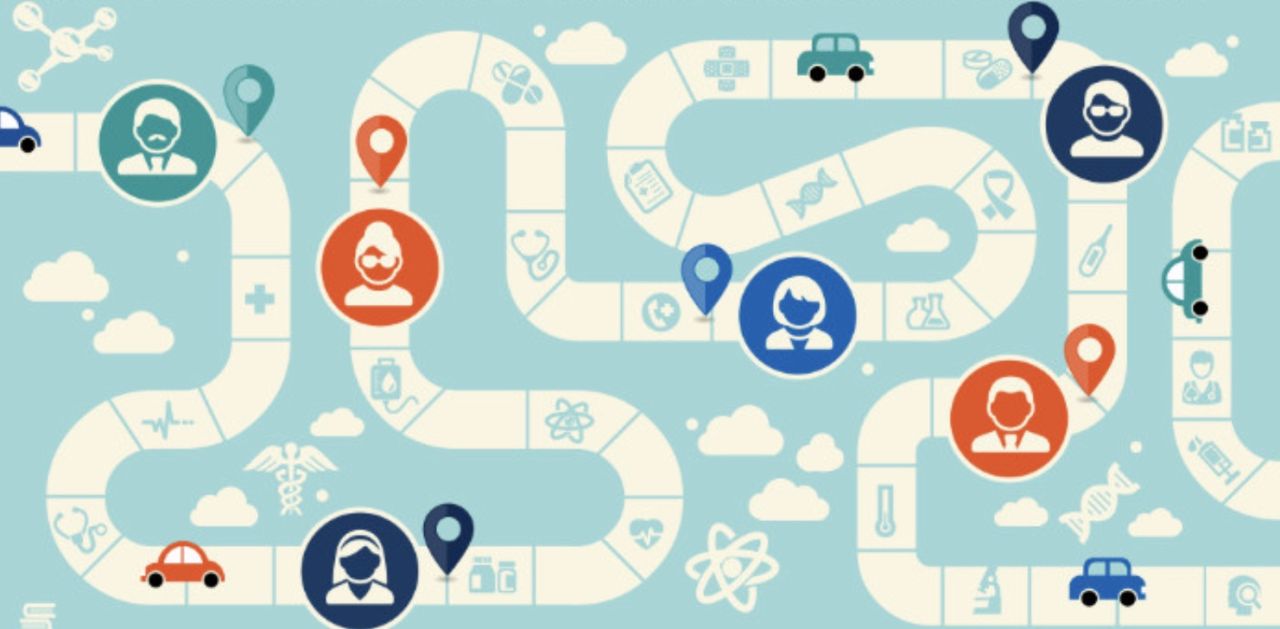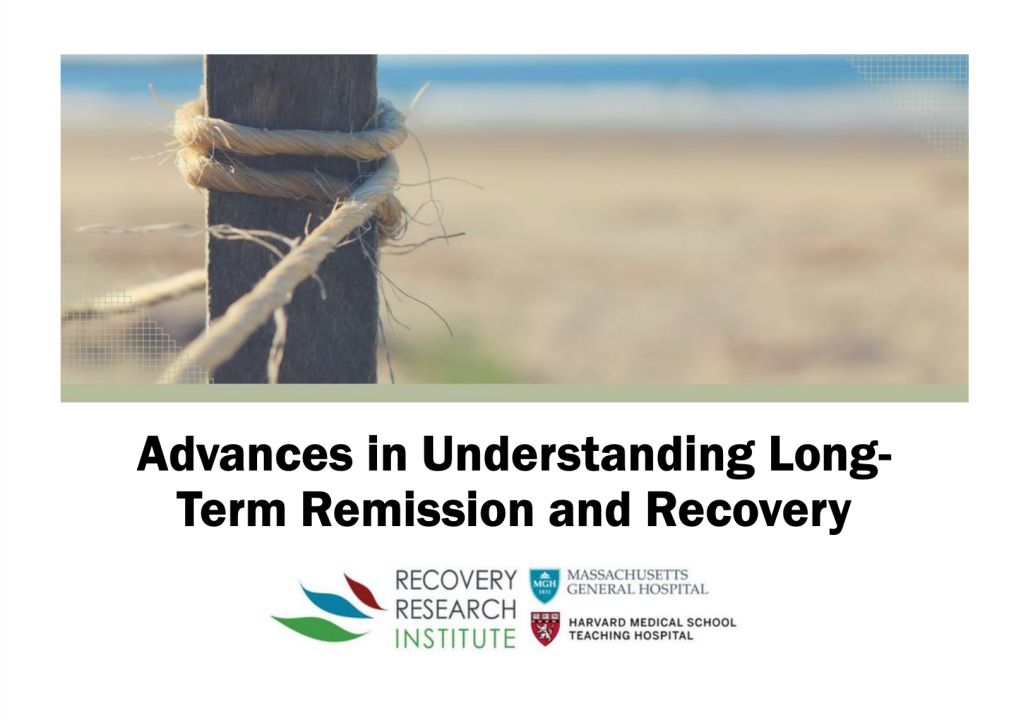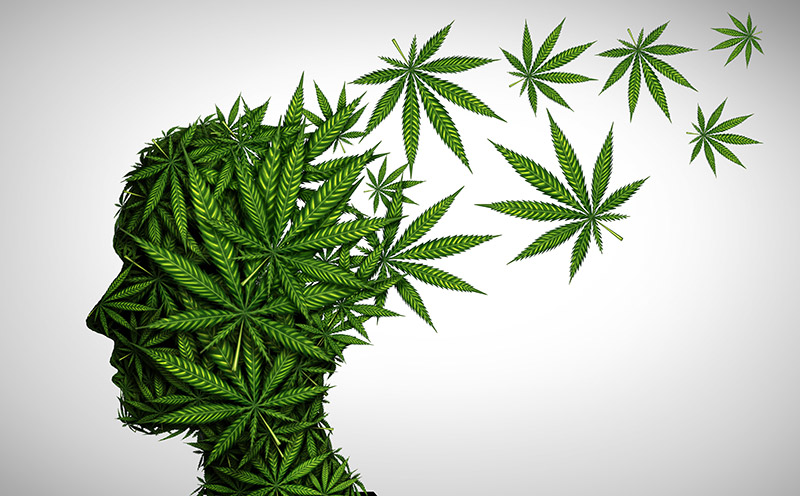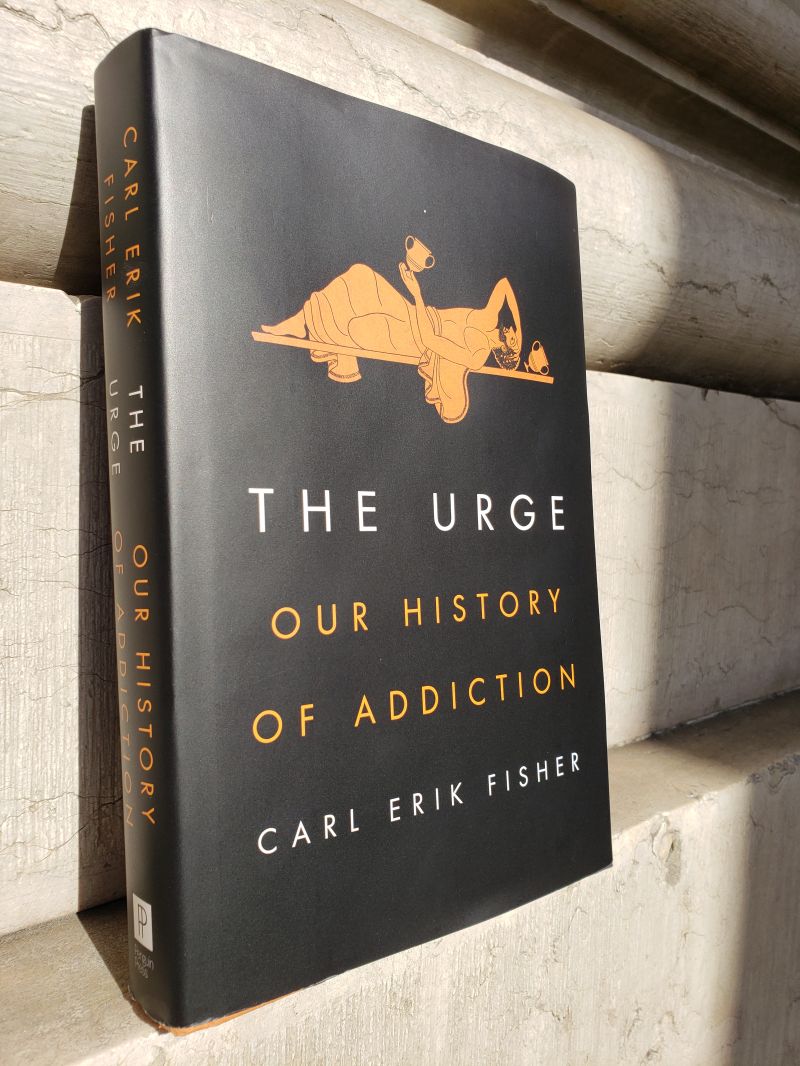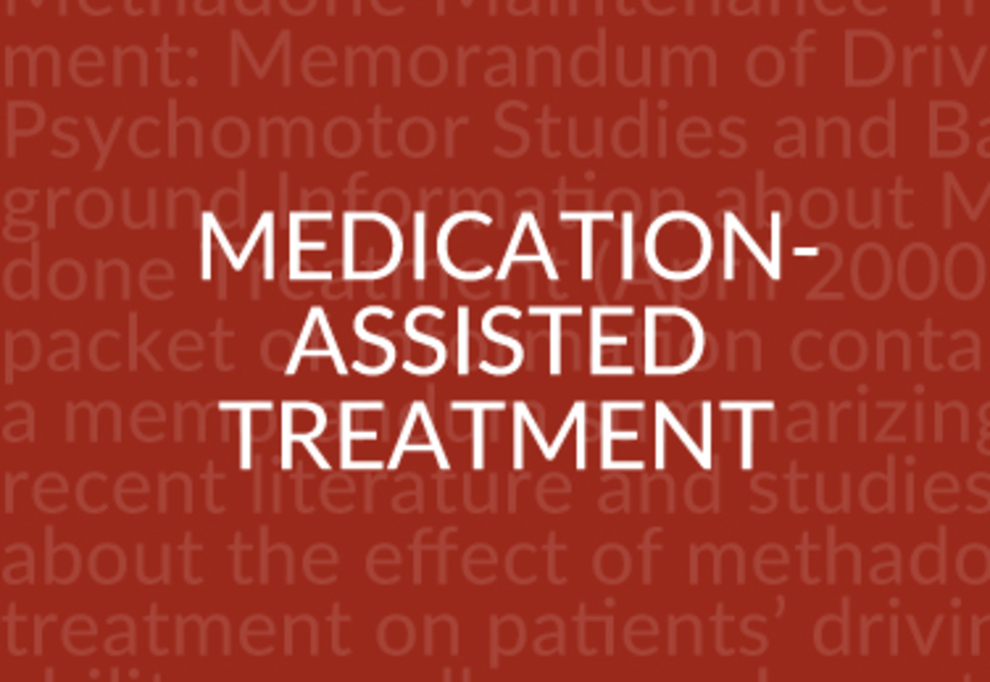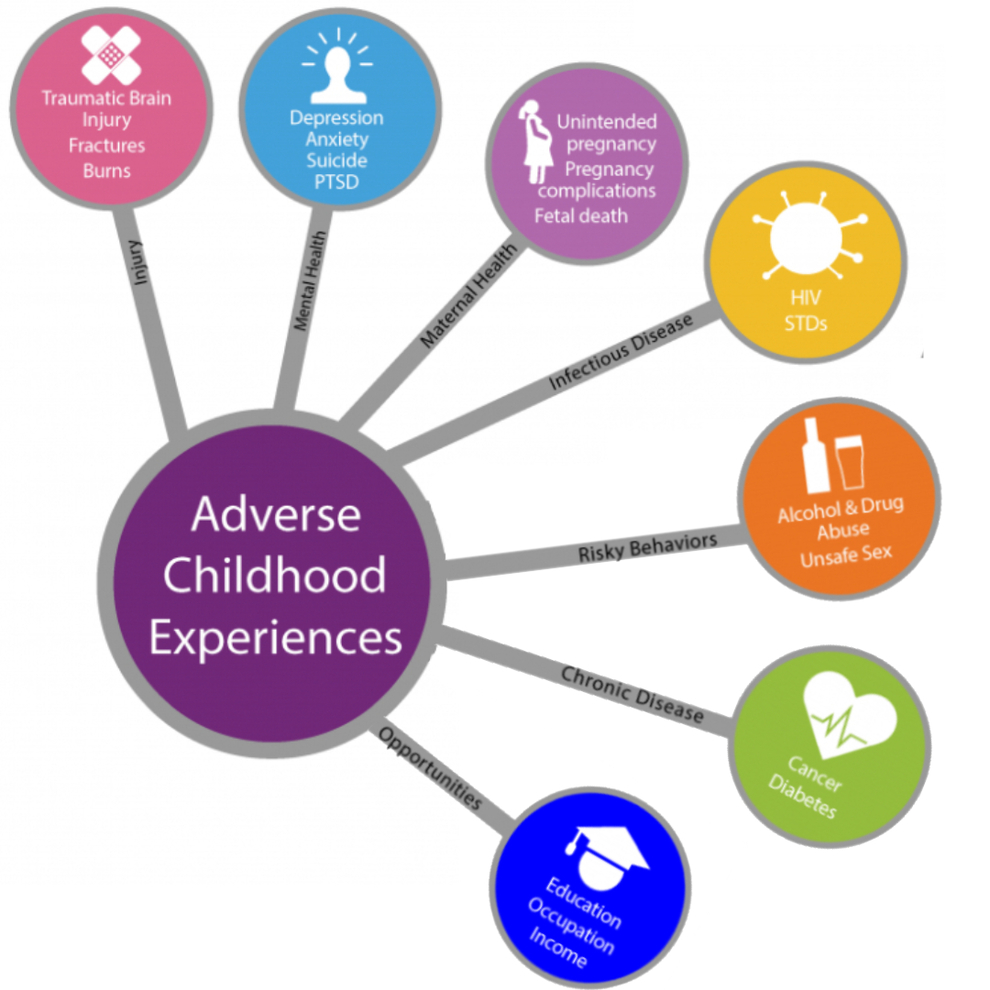Resource Supplement
Featured Resources
No Results Found
The page you requested could not be found. Try refining your search, or use the navigation above to locate the post.
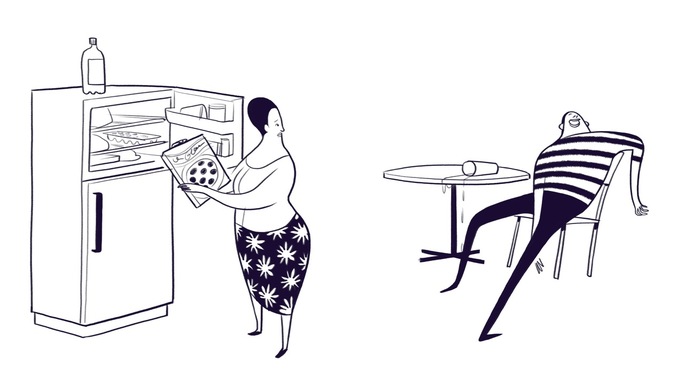
My Loved One is Always High or Drinking
If your Loved One is always high or drinking, how do you know when to step in with rewards, and when to step away, remove rewards and allow natural consequences when you suspect or see use?
Latest Resource Supplement Posts
Anger Management: 11 Strategies For Regaining Calm and Control
We all know how destructive “wildfire” anger can be. The good news is that a suite of skills and practices—known as anger management—can help us manage, limit, and even learn from our anger. The techniques are rather straightforward, but the details matter. This article is a great place to familiarize yourself with the basics.
The CRAFT Approach: An Introduction From Verywellmind.com
Verywellmind is a health website that takes pride in its quality, professionally-reviewed information. In this article, they make it clear how the CRAFT approach differs from old-school “interventions,” and why its outcomes are so much better overall. This is also a great general overview of the CRAFT approach, hitting the highlights of the skills and resources you can access through Allies in Recovery.
“So Many Pathways” To Recovery: A Sister’s Message After Losing Her Brother
A brave and loving look back, and a plea to others to think broadly about options for their Loved Ones. Jaclyn Brown lost her brother Marc to heroin in 2018. While she and her sister tried to support him, the clarity of hindsight is making it painfully clear to her the steps she might have taken, if only she’d known they were possible. But her essay is not about self-judgment; it’s about reaching out to others with a message of hope.
Heavy Cannabis Use and Psychosis: Serious Concerns, Lingering Questions
Evidence of a correlation exists, and is worrisome. A causal link, however, is still very much in question. Do dabbing and other forms of high-potency cannabis use cause psychotic episodes? We can’t say that definitively yet, but there’s enough evidence of a link that warnings are merited. This article lays out the facts as we know them.
The Patient’s Journey Through Treatment and Recovery: A Map
The typical phases, bright spots, hard moments, and takeaways in SUD treatment and recovery. An amazing resource from The Addiction Policy Forum this is a new map of SUD treatment and recovery experiences, from trigger events and seeking care all the way to long-term support.
Long-Term Remission and Recovery: Research by Psychiatrist John. F. Kelly
Dr. John. F Kelly is one of the world’s leading authorities on recovery from alcohol and other drugs. In this PDF version of his slideshow, he reviews both the long-term data and the latest research on numerous approaches to recovery.
Detoxing From Marijuana
Despite great controversy, detoxing from marijuana can bring on a variety of withdrawal symptoms. Let’s take a closer look.
Self-Image, Destiny, and “A Sense of Epic Hope”: The Grandfather of Self-Help Books Really Does Have Something to Offer
Self-image can be changed, argues this insightful bestseller from 1960. But such change is real work.
With His New Book “The Urge”, Dr. Carl Erik Fisher Explores Addiction Through History, Approaches to Treatment, and His Own Life
Fisher, our longtime colleague, has just appeared in an Allies’ podcast, and in the country’s top newspapers.
The ABCs of CBT (Cognitive Behavioral Therapy)
Cognitive Behavioral Therapy (CBT) looks at thoughts, feelings and behavior together, and how each of these affects the others.
“Don’t Keep Telling Me I’m Sick. Just Hear Me.”
Dr. Xavier Amador sketches his own journey, and introduces a vital framework for how to relate to a Loved One suffering from anosognosia, a common aspect of mental illness in which the affected person is unaware, or cannot perceive, their own condition.
Michael Pollan: Home Cooking Is Crucial To Good Health
The author of The Omnivore’s Dilemma explains how the fast food industry taught us to abandon cooking, and how much healthier we can be when we return to home meals.
Psychedelic Assisted Treatment for Substance Use Disorder and Other Conditions
New clinical studies of therapies involving psychedelics show great promise.
Trauma & Recovery
A weekly meeting to learn about both trauma and the steps trauma survivors can take.
David Scherer, CRAFT Expert & Researcher
David Scherer, PhD has been a collaborator on the Allies team from the start. He is a retired clinical psychologist and professor emeritus in the Psychological and Brain Sciences Department at the University of Massachusetts Amherst. He worked with adolescents and families for over 35 years, doing research and publishing articles on adolescent development and how to most effectively treat troubled adolescents. Here is a selection of his publications.
Medication-Assisted Treatment (MAT)*
MAT (medication-assisted treatment) is the use of medications in combination with counseling and behavioral therapies, to provide a whole-patient approach to the treatment of substance use disorders (SUD). Research shows that when treating substance use disorders, a combination of medication and behavioral therapies is most successful.
Adverse Childhood Experience (ACE) — Its Role on Health and Addiction
Learn more about Adverse Childhood Experiences (ACE) and the research shaking things up around improved health and the origins of addiction.

